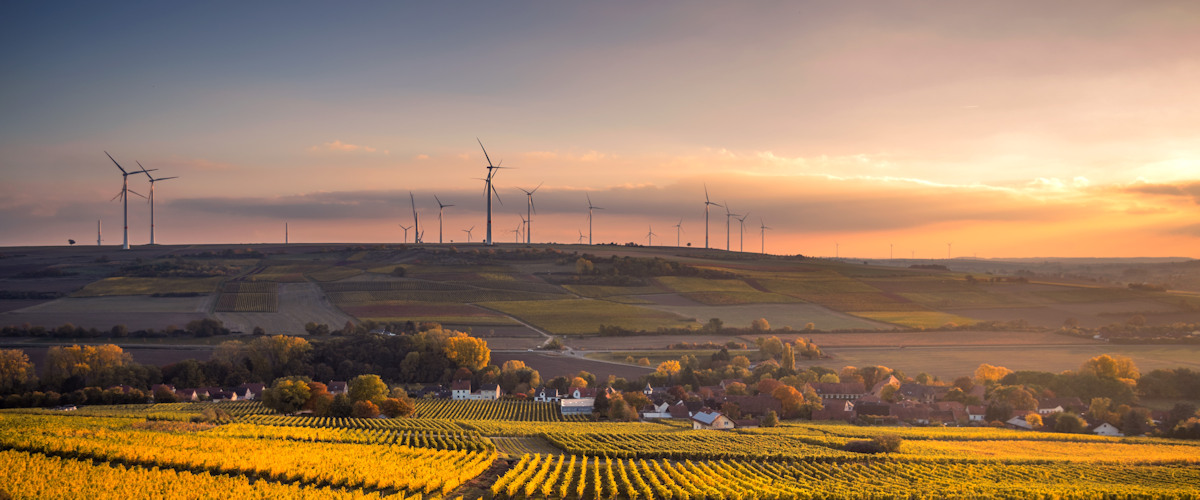
Governing the Water-Energy-Food Nexus: challenges across borders
Primary Investigators: Professor Lisa Emberson (SEI York), Professor Sue E Hartley (YESI, Department of Environment and Geography), Professor Jean Grugel (IGDC, Department of Politics and International Relations), Dr Adam P Hejnowicz (CECAN, Department of Biology), Dr Maria Eugenia Giraudo (IGDC, Department of Politics and International Relations), Dr Brett Sallach (Department of Environment and Geography), Dr Jessica P R Thorn (Department of Environment and Geography), Professor Steve Pueppke (MSU), Professor Jiaguo Qi (MSU), Professor Norm Graham (MSU)
External Collaborators: Stockholm Environment Institute York (SEI), York Environmental Sustainability Institute (YESI), Centre for the Evaluation of Complexity Across the Nexus (CECAN), Michigan State University (MSU)
Funder: University of York
The water-energy-food (WEF) nexus is a prominent policy paradigm in the environmental sciences, a recent approach to the sustainable use of natural resources that both reappraises and emphasizes the interconnections and interdependencies between resource sectors. Often the focus is on understanding the biophysical linkages between sectors, especially from the perspective of mitigating trade-offs and encouraging synergies, frequently framed from an economic efficiency and securitisation vantage.
However, the nexus is more than just the biophysical system and the interconnections between resource sectors. Moreover, frequently nexus resources are transboundary, and the drivers of commodity production are often national and international trade, which means the nexus also presents the need for dynamic, multiscalar social, cultural, economic, legal governance involving public, civil, and private actors and stakeholders. Transboundary dynamics may imply competition for resources, the spread of pollutants across national boundaries and/or the challenges of managing interwoven and interdependent livelihoods. Stakeholders may be local, national, regional or international. At the same time, it is not clear whether the interactions within the nexus are unique to the production of food or whether there are parallels with the production of other commodities.
Whilst many of these issues have been identified in the extensive WEF literatures, the social, political, economic and international facets that arise in transboundary nexuses have been subject to far less analysis. This project proposes to begin to map out some of these wider issues that govern WEF nexuses, and to explore the interactions between the social, political and economic domains they impact on, and the environmental and biophysical factors.
Contact us
Interdisciplinary Global Development Centre
igdc@york.ac.uk
01904 323716
Department of Politics and International Relations, University of York, Heslington, York, YO10 5DD, UK
Twitter
Contact us
Interdisciplinary Global Development Centre
igdc@york.ac.uk
01904 323716
Department of Politics and International Relations, University of York, Heslington, York, YO10 5DD, UK
Twitter